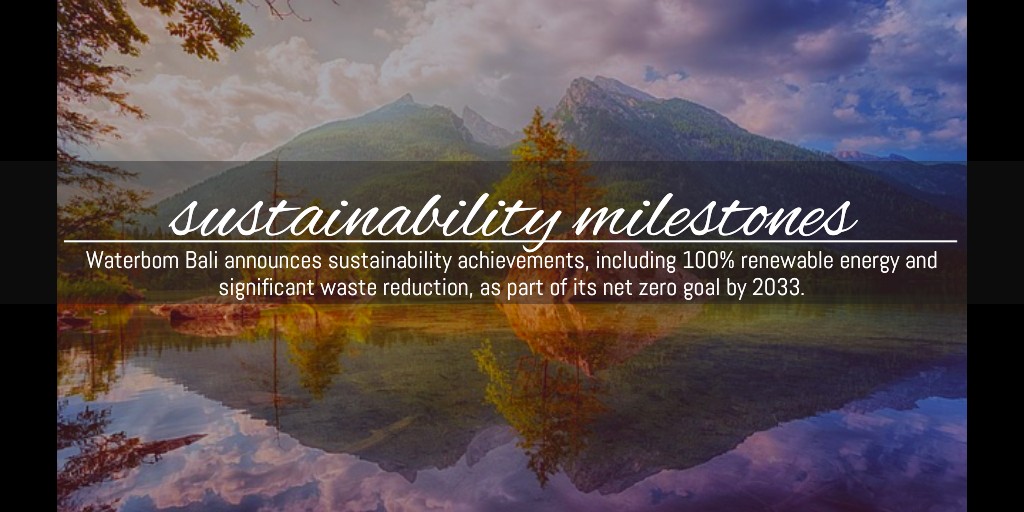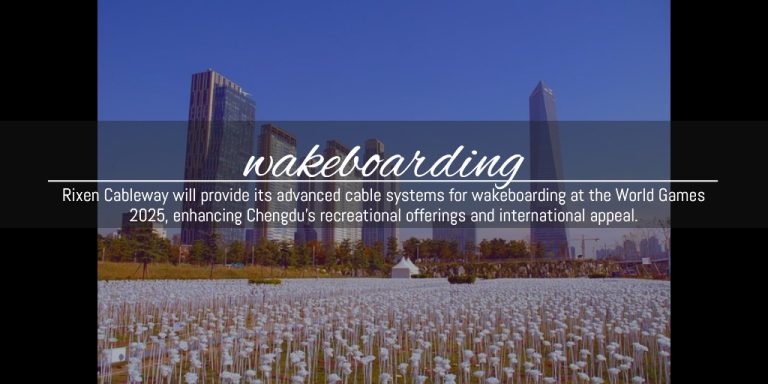Waterbom Bali’s Sustainability Milestones Report Released
Waterbom Bali, located in Kuta, Indonesia, has proudly announced several sustainability milestones as it strives to achieve its goal of becoming net zero by 2033.
In celebration of World Environment Day on 5 June, the water park unveiled its 2024 sustainability impact report, which showcases its progress in various key areas such as renewable energy, water conservation, waste reduction, and community engagement.
Progress in Renewable Energy and Water Conservation
The report revealed that Waterbom Bali is now operating on 100 percent renewable energy. In 2024, the park successfully reduced its groundwater consumption by 14 percent compared to 2019.
Additionally, Waterbom Bali captured approximately 42,939 cubic meters of rainwater through 24 recharge wells within the park and implemented new solar installations that offset 160.5 tonnes of CO2 emissions annually.
The water park also recycled 2,769 cubic meters of wastewater through an upgraded sewage treatment plant and planted 24,687 native trees, reforesting 39.5 hectares in the process.
Waste Management Achievements
Last year, Waterbom Bali diverted an impressive 95.14 percent of its total waste from landfill. Between January and March of this year, the park sent only 1.2 percent of its total waste to landfill, meaning that 98.8 percent of all waste generated was either recycled or composted during that period.
“Sustainability isn’t just something we do. It’s who we are,” stated Sayan Gulino, CEO of Waterbom Bali. “This report reflects how far we’ve come and how we continue to evolve. Every decision we make is rooted in responsibility, guided by our respect for nature and our commitment to protecting what makes Bali so unique.”
“Our approach is practical, science-based, and built for long-term impact,” he added.
Waterbom Bali aims to become the world’s most sustainable water park by 2033. “This journey has shown us the power of collective action and how much can be achieved when sustainability milestones are embedded in every part of the business, supported by everyone,” Gulino concluded.






